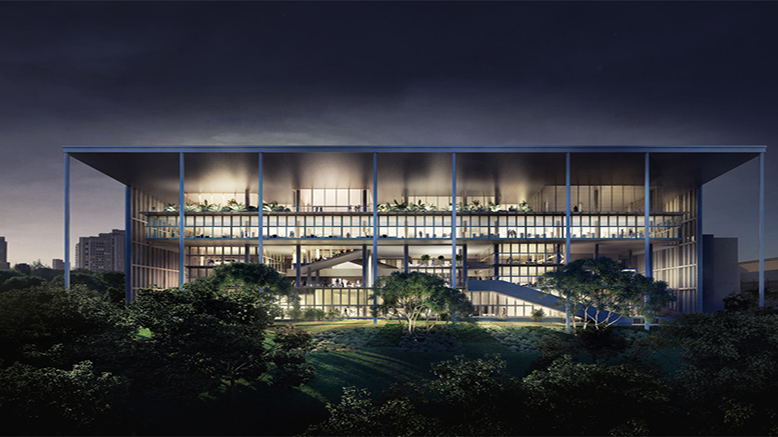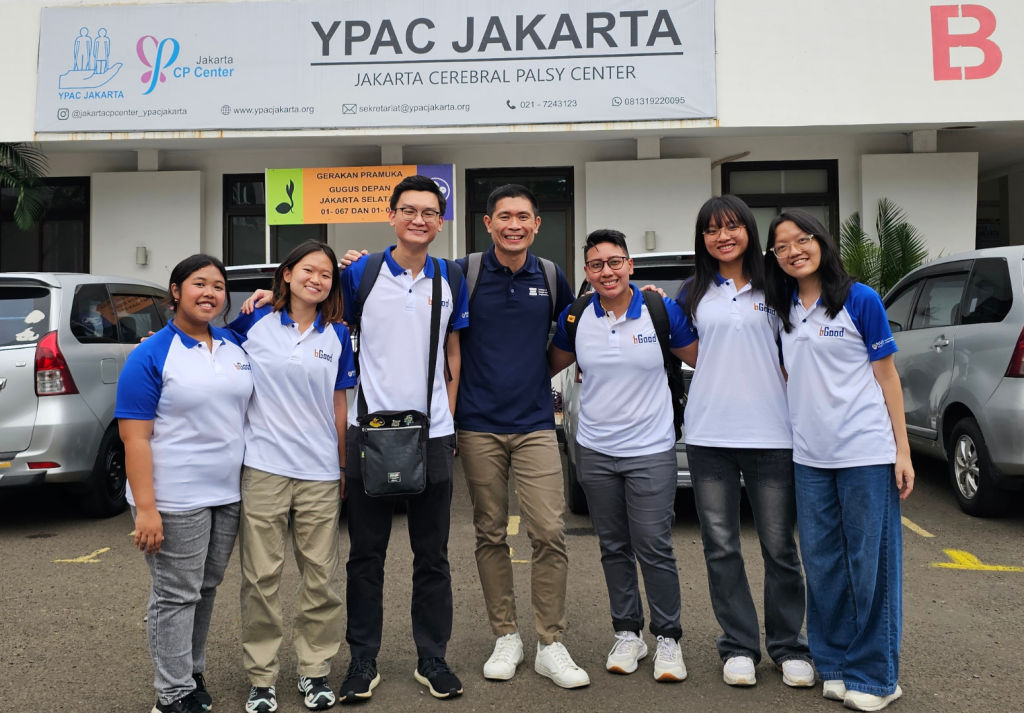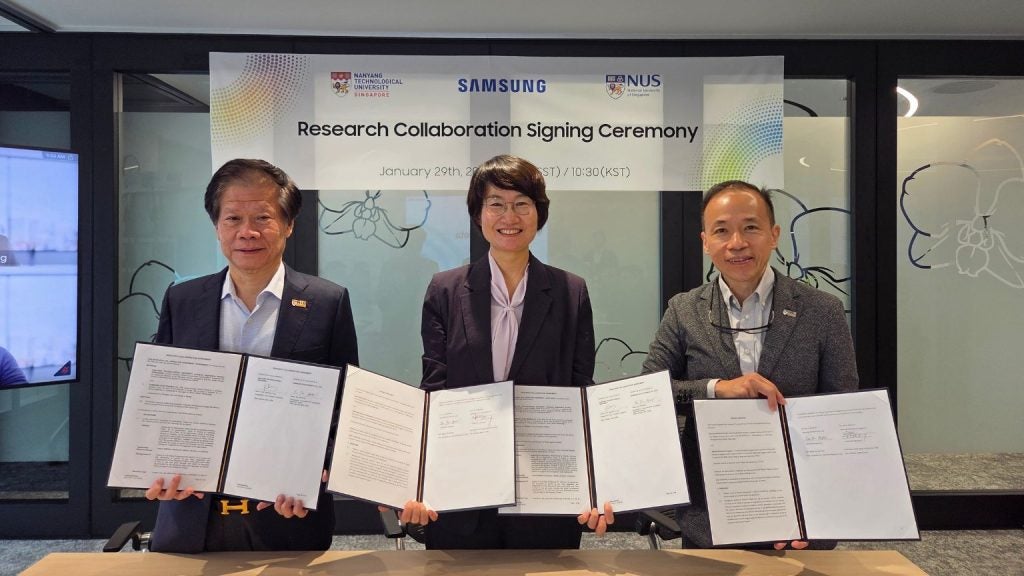
With mounting global concerns on climate change, green building projects (GBPs) are expected to increase with almost half of the stakeholders expecting to do more than 60% of their projects green by 2021, according to the World Green Building Trends 2018. As GBPs increase worldwide, it is essential to ensure that GBPs are delivered successfully. GBPs require new technologies, materials, simulation analysis and complex designs, and were found to have poorer performance during construction compared to conventional projects. Hence, the effective management of GBPs is critical for the performance of the construction industry.
A bibliometric review of research into the critical success factors (CSFs) for GBPs published in the journal, Building & Environment (SCI, Q1, Impact Factor: 4.539) in 2019 has placed the National University of Singapore (NUS) as the top contributing institution in the world for studies of GBPs. The bibliometric findings were reported by Dr Li Yuanyuan, Dr Song Huanbin, Dr Sang Peidong (all based in Jinan, China) as well as Dr Chen Po-Han and Dr Liu Xingmin (both based in Taipei, Taiwan). Their study was funded by the Shandong Jianzhu University, the State Education Ministry and the National Natural Science Foundation, China.
The bibliometric review spanned from 2005 to 2018, using four databases: Web of Science, Scopus, Engineering Village and Science Direct. A total of 36 papers were identified to have met the selection criteria of the bibliometric review. These 36 papers were found in 20 highly recognized international journals. A majority of the papers were published in these eight journals: ASCE Journal of Management in Engineering, ASCE Journal of Construction Engineering & Management, Journal of Cleaner Production, Journal of Green Building, Construction Management & Economics, International Journal of Project Management, International Journal of Sustainable Built Environment and Sustainability. The papers were then analyzed to identify active contributors, main contributing institutions and the represented countries and areas.
The bibliometric analysis showed that a total of 111 authors contributed to the selected papers. A majority of the authors were found to have made a single appearance. The bibliometric analysis showed NUS to be the top contributing institution in the world (see Image 1) with five authors from NUS. All five authors were exclusively from the NUS Department of Building. They are Hwang Bon Gang (who is also the Top Contributor in the world - see Image 2), Zhu Lei, Low Sui Pheng, Shan Ming and Tay Wen Lin. Based on the contributions from NUS, Singapore was also ranked as one of the top three countries in the world who actively contributed to a better understanding of CSFs influencing the professional practice of green building project management (see Image 3).
With this stellar performance, the NUS Department of Building has gained worldwide recognition that further cement the Well and Green initiative spearheaded by Dean Professor Lam Khee Poh in the NUS School of Design & Environment.






